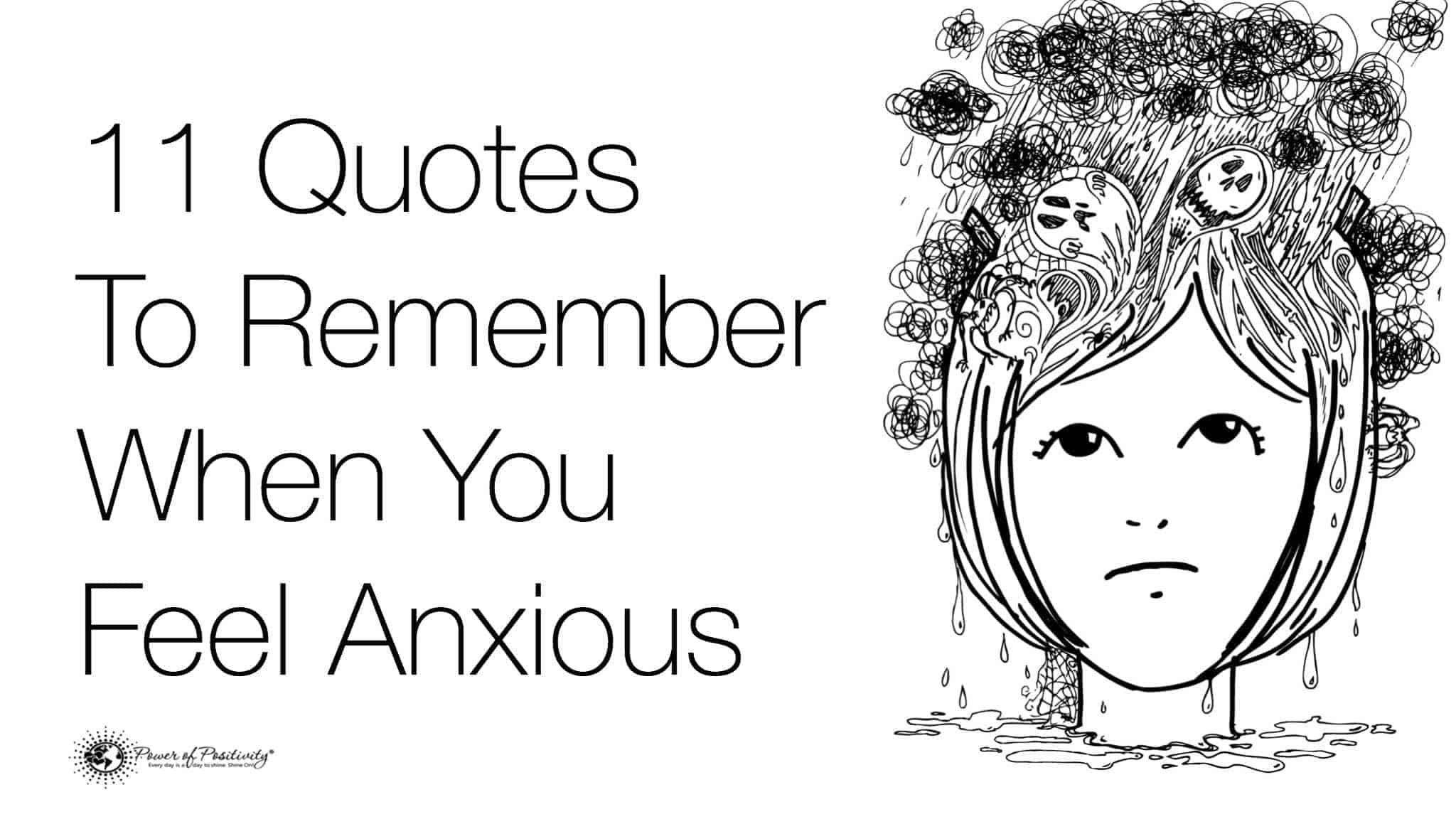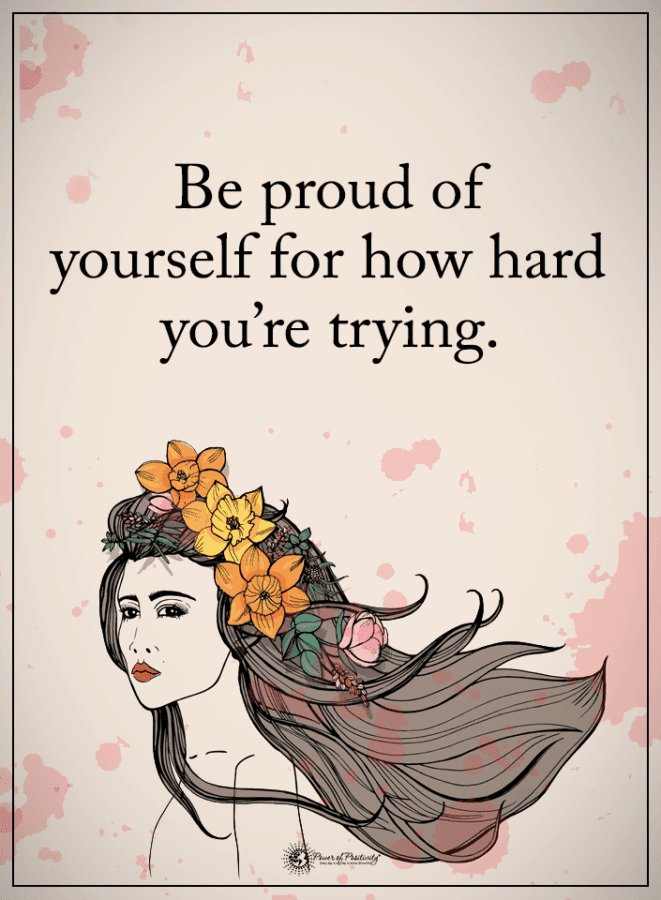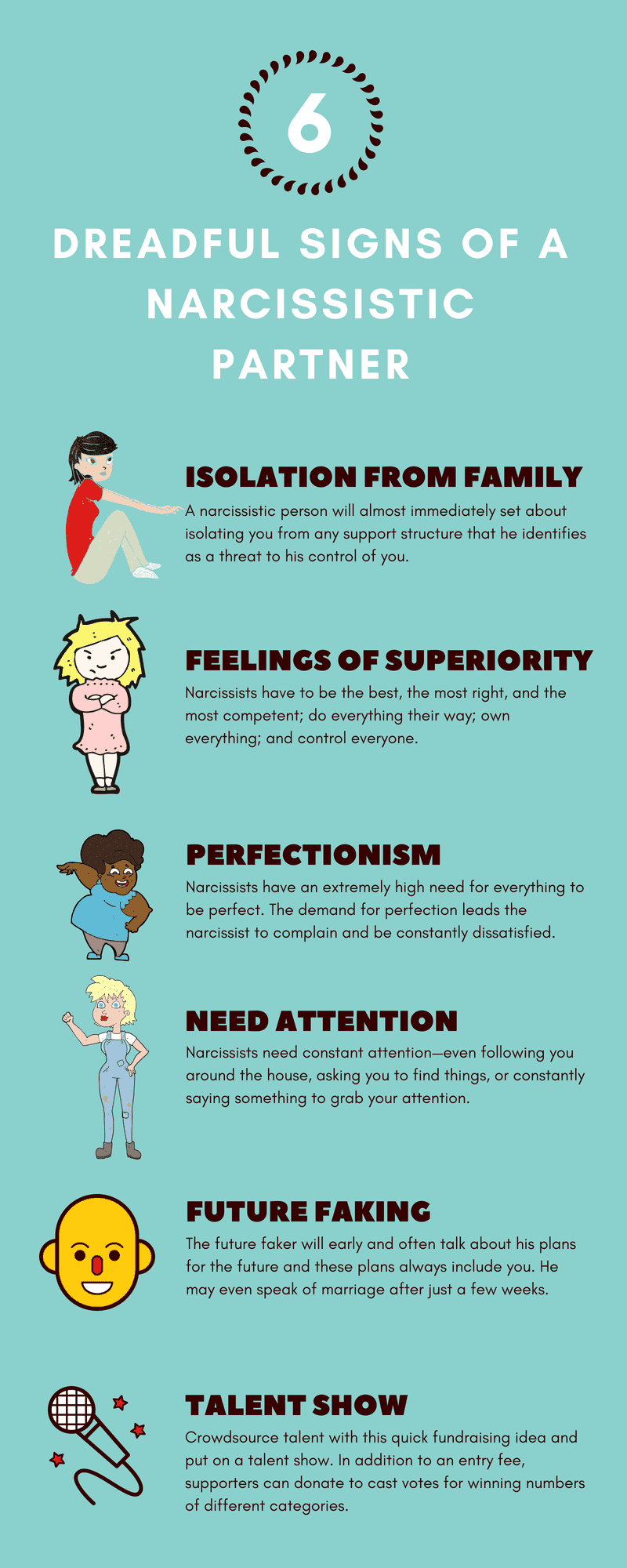Anxiety is a crippling and dreadful mental ailment. It can affect every aspect of your life, including your mind, body, and behavior. It can become so crippling that you can’t enjoy your daily life. If not careful, physical symptoms can become so severe that you can experience a racing heart, muscle tension, sweating, dizziness, and shortness of breath. As a matter of fact, these anxious feelings can occur unexpectedly and cause great distress.
Because of this severe mental impairment, it will behoove you to take action to regain your quality of life. Certain methods should be taken in addition to getting therapy in which the professional may or may not put you on a prescription. These methods implement regular self-care and relaxation to prevent or eliminate all the terrible symptoms of being anxious.
Amazing Anxiety Management Techniques to Stop Feeling Anxious
These anxiety management methods are as follows:
1. Breathe deeply
One of the first things to do to deal with anxiety is to take a deep breath. Deep diaphragmatic breathing is powerful because the body’s relaxation response is activated. The body will go from the sympathetic nervous system’s fight-or-flight response to the parasympathetic nervous system’s relaxed response which produces a sense of grounding, being relaxed, and calm. Conscious deep breathing should be practiced for a minute each time it’s implemented. Also, you should practice this a few times a day, or whenever you think about it.
2. Accepting the fact that you’re anxious
keep in mind that anxiety is only a feeling like any feeling. When you do this, you can begin to accept it. Acceptance is crucial because attempting to eliminate or wrangle anxiety often gets worse. To accept it doesn’t mean you have to resign to a miserable experience or like it. You would just benefit from accepting the reality of it.
3. Be mindful
You can have a state of calm and reduce the feelings of anxiety by being aware of your surroundings and your body in a non-judgemental way. First, close your eyes while observing your breathing. Then, shift your awareness to what you can smell, touch, and hear. You then must shift your awareness back and forth several times from your body to your surroundings.
4. Utilizing cues to relax
Being aware of your body becoming tensed or feeling like you can’t let go of stress or worry can be used as cues to initiate more regular relaxation. Regular relaxation can include the tightening and releasing of different muscle groups. While doing this, imagine the flowing outward of tension away from your body while breathing out. As you breathe in, imagine the tension being replaced with energy, warmth, and peace. You should also schedule enjoyable and relaxing activities on a regular basis, such as warm baths, massages, exercise, or being in nature.
5. Be realistic
When it comes to being anxious, people tend to think of the worse possible outcome of a situation which increases fear and anxiety. However, to deal with anxious mind, you must remind yourself that it’s just feelings and not facts. Use logic and try to think of a less catastrophic outcome or conclusion. If needed, ask others to help you think of a better outcome. Also, write down the better response as a reminder in the future. You should also recall past times when your worries proved to be false.
6. Disrupt anxious thinking
Sometimes it’s hard to use logical thinking to try to deal with anxious mind. When this happens, temporary disruptions of these anxious thoughts can assist you in accessing your logic and choosing what you’ll prefer to focus on. You can try some silly or different ways to interrupt the negativity, like singing your concerns to a silly tune, speaking your worries in a funny cartoon voice, focus or imagine on a pleasant thought, listening to an audio book or music, or intentionally reverting your attention back to a task you were working on.
7. Contain the worrying
Another technique to use when worrying is hard to manage, consumes your thinking, and distracting you from daily tasks is to initiate ways to limit the worrying and allow yourself to take a break. You must determine whether your worrying can be solved or is out of your control. You must also utilize problem-solving to focus on what you can solve. This is done by clearly identifying the problem, brainstorming the possible solutions, utilizing the advantages and disadvantages to decide the best solution, and create an action plan to address the issue.
For worries you can’t solve, you must implement relaxation and other techniques to eliminate your negative reaction to the situation. You can worry well only one time. Also, using a worrying journal or diary to list the concerns for up to twenty minutes per day helps. So, when those worries re-occur, you can remind yourself that worrying about that has already been done for that day.

Final Thoughts on Beating Anxious Feelings
Anxiety is nothing to play around with. Deal with this situationhead on to gain normality and peace of mind, body, and soul. In turn, ou will reclaim a whole and healthy quality of life.
To deal with anxious feelings, utilizing these techniques listed above will go a long way, but it takes determination and patience for the full effectiveness of these techniques. In applying regular self-care with taking regularly planned breaks, maintaining a good sleep routine, and performing relaxing activities, you will be on your way to a better you.









